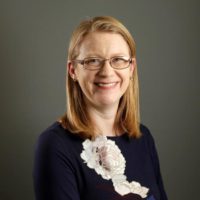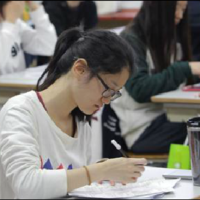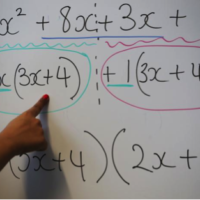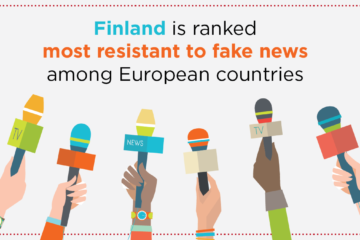Scotland National Exams to Go Ahead this Year with Reduced Content
After two years of cancelations due to the pandemic, Scotland’s Education Secretary Shirley-Anne Sommerville announced national exams will resume this school year, if public health allows. The content on the exams will be reduced due to the level of disruptions caused by the pandemic, with further modifications possible should schools continue to experience interruptions this year. If exams are not able to go ahead due to public health concerns, results will be based on teacher judgements in a similar system to the one used this past year. Read more in The National.

Staff in Dutch Schools with Struggling Students will Receive Bonus Pay

Teachers, school leaders and support staff working at schools with significant numbers of struggling students will get a pay bonus, Minister for Primary and Secondary Education Arie Slob announced. The boost in wages will average 8 percent over the next two years, or 350 euros (US$411) per month extra. About 15 percent of all schools in the Netherlands fall into this category. The additional pay is part of a national program aimed at supporting students who have fallen behind academically during the pandemic. For more, see Dutch News.
Korea Aims to Reform and Downsize Higher Education
Korea’s Ministry of Education released provisional evaluations of universities and colleges to determine which ones will continue to receive government financial support. The review is part of an effort to downsize the number of higher education institutions as the population declines and reform the sector to strengthen the overall quality of institutions. Most institutions received a positive review of their overall management and quality of instruction, but 25 universities and 27 two-year colleges were left off the accredited list, which is about one in eight universities and one in five colleges. The Korea Council for University Education and the Korea Association for Professional University College Education, the two main organizations representing universities and colleges, are protesting the latest evaluation results claiming that without government subsidies they will be forced to raise tuition, putting an additional burden on students. Read more in The Korea Times.

New South Wales Hiring 1,300 Experts to Improve Students’ Literacy and Numeracy

New South Wales (NSW) is hoping to combat a decline in reading and math with their School Success Model, a AUS$256 million (US$186 million) initiative focused on incorporating evidence-based teaching practices in schools. As part of the School Success Model, the state will create 1,300 new specialist positions to support implementation of the new K-2 English and math curricula. These literacy and numeracy experts will be in place this school year so that they are ready to support the implementation, which is scheduled for next year. High-performing schools will be partnered with local universities to generate research about practices that can be shared with other schools across the state. Read more about the School Success Model at The Educator.




